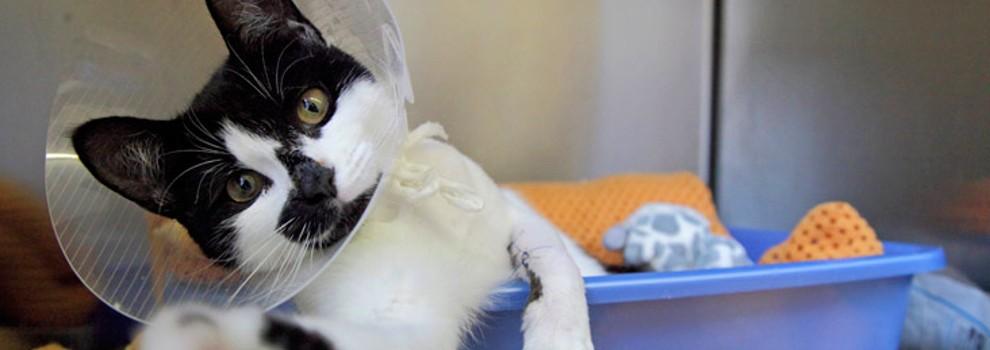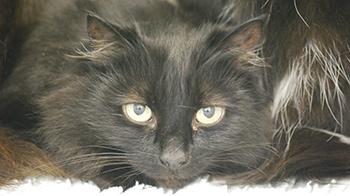Cat Poisoning - Common Cat Poisons | RSPCA - RSPCA
What to do if you think your cat has been poisoned
- Stay calm and move your cat (or cats) away from the source of poison.
- Call your vet immediately - they'll want to know:
- The exact name of the substance
- Roughly how much was ingested
- When or how long ago it was ingested
- The symptoms your cat is showing
Follow your vet's advice - they'll tell you what the situation is depending on the poison and how much of it your cat has had.
Here are a few things to remember:
- Never try to treat or medicate cats yourself. Some medicines for humans and other animals may be poisonous to cats.
- Never try to make cats vomit. Don't use salt water, as it's extremely dangerous.
- If their skin or fur is contaminated, wash it with mild shampoo and water, rinse well and dry.
- Keep cats away from any other animals to avoid cross-contamination.
Common cat poisons
Some of the most common and potentially severe cat poisons are:
- Paracetamol - keep your painkillers out of reach of your pets
- Lilies - these flowers look and smell beautiful, but are potentially lethal to your cat
- Ethylene glycol - the active ingredient in antifreeze
- Spot-on flea treatments for dogs - many contain Permethrin, which is poisonous to cats
- Metaldehyde - found in slug and snail baits or pellets
- Decorating materials - such as paints, varnishes, preservatives, paint and glass cleaners. These can contain petroleum distillates, which are harmful to cats
Keeping your cat safe from poison
Follow our tips to keep your cat safe from poisons.
In the home:
- Keep an eye on your cat.
- Keep houseplants out of reach of your cat, and collect dropped leaves/petals.
- Keep pesticides away from areas your cat has access to.
If treating pets with insecticides, separate them from other pets.
Outside:
- Ensure areas your cat has access to areas free from (and not overhung by), poisonous plants.
- Ensure your cat's water supplies can't become contaminated and change the water regularly.
Finally, for peace of mind, make sure your vets' bills are covered should the worst happen by insuring your cat.
Find out more about cat poisons on the International Cat Care website, and read our guides on antifreeze poisoning and rock salt poisoning in pets.




